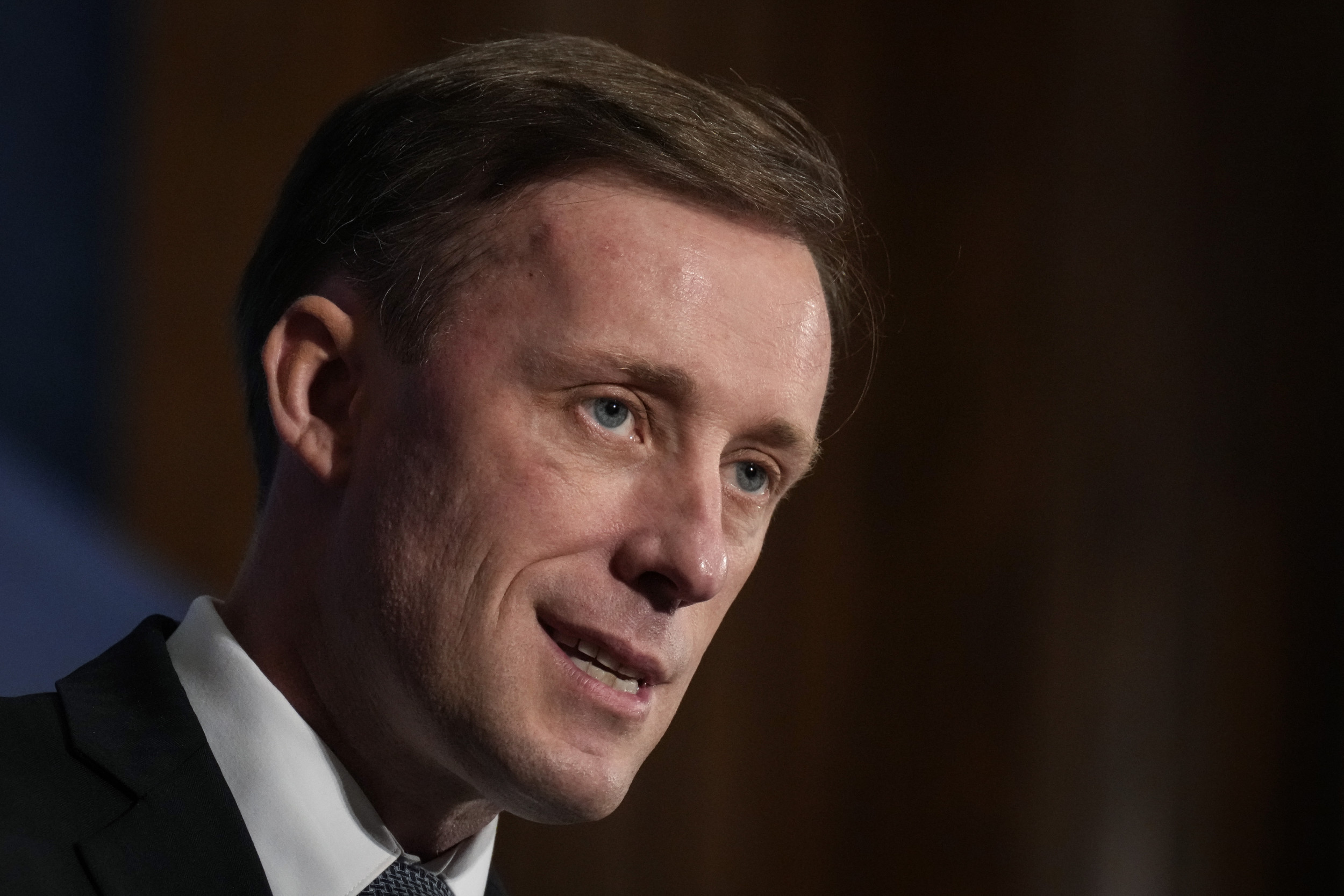A Biden official bragged about the Middle East being “quieter” just days before Hamas launched an attack on Israel.
Appearing at The Atlantic Festival on September 29, National Security Adviser Jake Sullivan listed off a string of achievements in the Middle East, among them how the region is “quieter today than it has been in two decades.”
But eight days after those remarks, chaos unfolded in Israel as Hamas militants launched one of the most brazen operations in years, attacking attendees at a music festival, gunning down civilians on the other side of the border and holding dozens of people hostage in Gaza. A day later, Israel declared war.
Over the weekend, more than 700 people in Israel and 400 in Gaza were killed, according to the Associated Press, including at least nine United States citizens. In response, the U.S. has condemned the attacks and reiterated its support for Israel.
Last month, Sullivan emphasized that his comments were reflective of the current snapshot in time and not in the context of the future, noting that “all of that can change” and that tensions between Israelis and Palestinians were among the key challenges that remain.
Aside from those caveats, however, the national security adviser told the audience, “The amount of time that I have to spend on crisis and conflict in the Middle East today, compared to any of my predecessors going back to 9/11, is significantly reduced.”
“When we came into office, you had the war in Yemen raging as the world’s largest humanitarian catastrophe,” Sullivan said. “You had, a few months before we came in, our embassy in Baghdad stormed and Secretary of State Pompeo going out and talking about pulling out the entire American mission out of Iraq. You had Iranian groups in both Syria and Iraq firing missiles at U.S. forces—all of that’s what we walked into.”
He said under the Biden administration, the U.S. has aimed to depressurize, deescalate and integrate the Middle East region.
“What are we trying to do with Saudi and Israel? Reinforce, deepen and sustain that out in the future. Because we believe that regional integration and normalization between significant countries in the Middle East can create a greater and more stable foundation as we go forward,” Sullivan said.
He continued, “We also believe that a necessary dimension of that is real progress for the Palestinians as well, which is an important element of the discussions that we’re having with both the Israelis and the Palestinians.”

